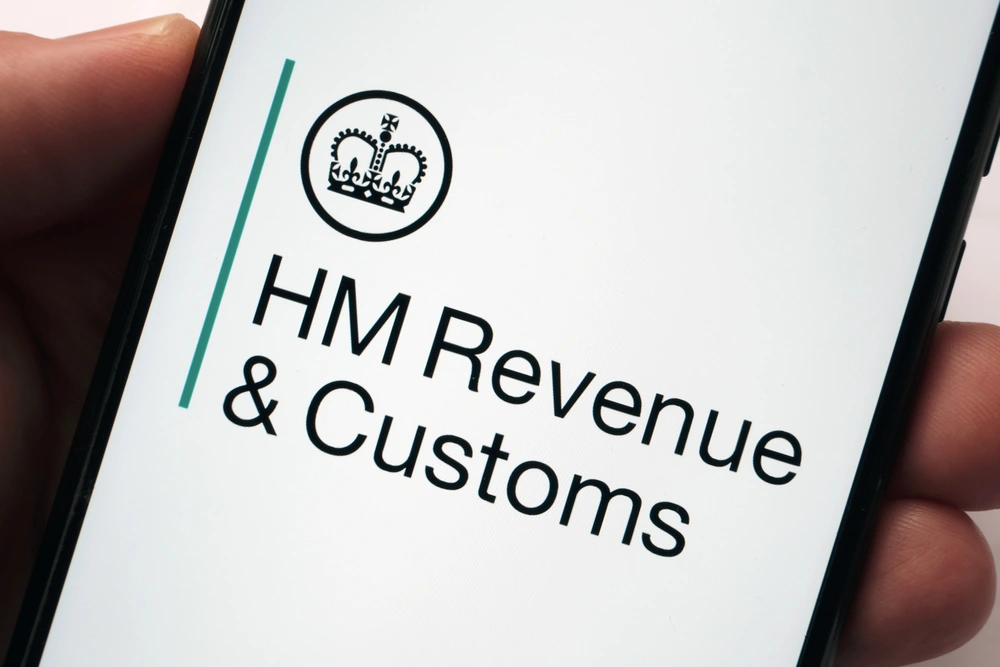Saving for your child’s future is always a good plan. You might want to put money away to help them through university or save for a house deposit. Here are a few ideas on how to kickstart their future fund.
Piggy bank
A piggy bank can be a brilliant saving method for young children. It’s a great way to teach them the value of money and to show them ways in which they can manage it themselves.
If you give your children pocket money you can encourage them to save some, or even all of it. You can have conversations with them about saving towards items they would like to buy. This way they’ll understand whether things cost a little or a lot of money.
Pros: They’ll have full responsibility over their savings which not only teaches them the value of money, but also how to manage it.
Cons: A piggy bank isn't the most secure choice if you’re wanting to save large amounts of money.
Savings accounts
Another option would be to open a savings account for your child. Once your child turns 7, they can pay into and withdraw money from an account. This is another great way of teaching your child how to manage their own money.
However, there are a few different options when it comes to savings accounts and it can be difficult decide which option is best for you and your child.
Instant access savings
With an instant access savings account, you and your child will be able to pay money in and take money out whenever you like. However, this means they often come with low interest rates.
Pros: You can have instant access to your funds.
Cons: Low interest rates mean you won’t be getting much of a return on what you save.
Regular savings
These accounts are designed to encourage young people to save money every month. There’s usually a maximum amount you can deposit each month.
The interest rate in comparison to the instant access account is usually a lot higher. With a regular savings account you’d still have instant access to your funds, but if you were to take any money out your interest rate would be likely to drop.
Pros: You’d have a higher interest rate and still have instant access to your funds.
Cons: You’d have to save money every month, with a limit on how much you can save.
Fixed term savings
A fixed term account is an account that you open for a fixed amount of time. This means you would not have access to the funds until the end of the term. However, with these conditions comes a much higher interest rate.
Pros: Higher interest rate.
Cons: No instant access (unless you are willing to accept large interest penalties).
Junior ISA
There are two types of Junior ISA accounts. There is a Junior Cash ISA and a Junior Stocks and Shares ISA. Both accounts must be opened by a parent or guardian.
Junior ISA accounts work in the same as a regular savings account, except the money won't be accessible until the child is 18 years old and the interest they earn is tax free.
Pros: Interest earned is tax free.
Cons: There’s no access to the funds until the child is 18 years old.
A Junior Stocks and Shares ISA account enables you to buy shares and bonds on behalf of your child. The value of the shares and bonds have the potential to go up or down.
Pros: You have the potential to earn a lot of money.
Cons: You could also lose a lot of money.
Child pensions
This might seem like a strange suggestion, but it is one of the ways you can save for your child’s future.
With a Junior SIPP (Self-Invested Personal Pension) your child will not be able to access the funds until they are 55 years old. However, once they are 18 years old, they’ll be able to start contributing to it themselves.
The maximum amount you'd be able to deposit per year in a tax efficient way would be £2,880. Larger contributions are accepted but they would not be topped up by the government.
Pros: It’s unlikely that the money will be wasted, and they can start contributing to it when they turn 18.
Cons: It will be a long time before your child can use the money. It also can be risky as the investment could go down, meaning you’ll get less back than what you originally put in.
You should always seek independent financial advice from an expert adviser, who’ll be able to explain the best options available based on your personal circumstances.
For ideas on how to save for retirement, other than your pension, read on here.
Disclaimer: We make every effort to ensure that content is correct at the time of publication. Please note that information published on this website does not constitute financial advice, and we aren’t responsible for the content of any external sites.








